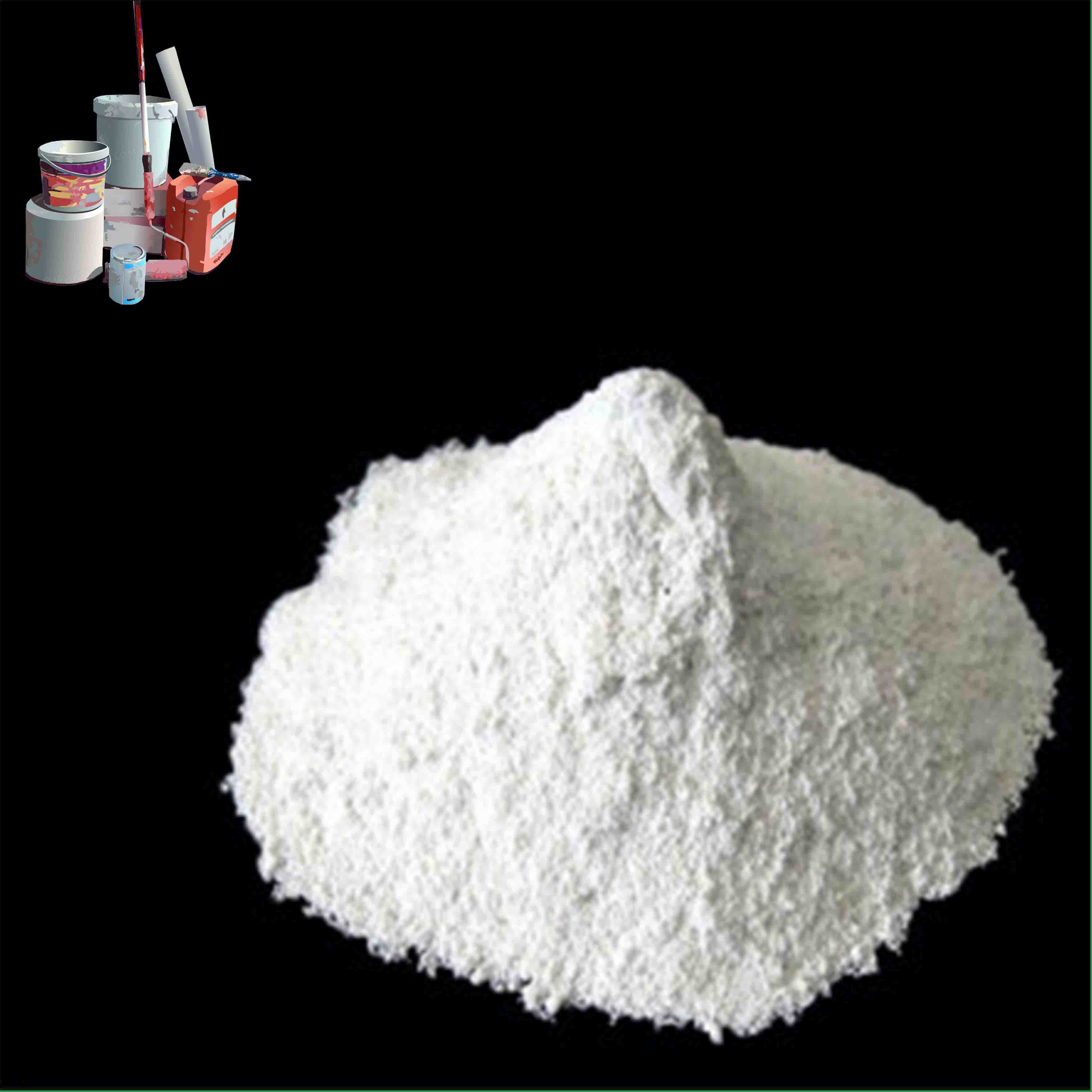
жнів . 20, 2024 17:41 Back to list
Utilization of Titanium Dioxide in Plastic Manufacturing Processes and Applications
The Role of TiO2 in Plastic Manufacturing
Titanium dioxide (TiO2) is a vital compound in various industries, and its applications in plastic manufacturing have garnered significant attention. This compound, known for its bright white color and excellent UV resistance, plays a crucial role in enhancing the properties of plastics, making them suitable for a broader range of applications. As the demand for high-performance plastics continues to rise, the use of TiO2 in plastic factories is becoming increasingly prevalent.
The Role of TiO2 in Plastic Manufacturing
Beyond its role as a pigment, TiO2 is also valued for its UV resistance properties. When incorporated into plastic, TiO2 acts as a stabilizer, protecting the material from the harmful effects of ultraviolet rays. This is particularly beneficial for outdoor applications, such as in the manufacturing of garden furniture or automotive parts. By preventing degradation caused by prolonged exposure to sunlight, TiO2 extends the lifespan of plastic products, offering better value for consumers and reducing the frequency of replacements in various applications.
tio2 used in plastic factory

Furthermore, TiO2 can improve the mechanical properties of plastics. It enhances strength, toughness, and overall durability, making the materials more suitable for demanding applications. For instance, in construction materials, plastics reinforced with TiO2 can withstand harsher environments and provide better performance over time. This enhancement translates into higher quality products that meet the stringent requirements of modern engineering and construction standards.
In plastic manufacturing, the incorporation of TiO2 is not without challenges. For effective dispersion within the plastic matrix, the processing techniques must be optimized. Poor dispersion can lead to performance issues, such as uneven coloration and compromised mechanical properties. Manufacturers often invest in advanced mixing technologies and compounding processes to ensure that TiO2 is evenly distributed throughout the plastic material.
Moreover, environmental considerations are prompting manufacturers to explore sustainable alternatives to traditional TiO2 formulations. As awareness of the environmental impacts of industrial processes grows, the push for more eco-friendly options has gained momentum. Companies are researching biodegradable plastics and other sustainable materials that can either reduce the reliance on TiO2 or utilize it in a more environmentally conscious manner.
In conclusion, titanium dioxide serves as an invaluable component in plastic manufacturing, providing pigmentation, UV resistance, and enhanced mechanical properties. Its ability to improve the quality and durability of plastics makes it a preferred choice for manufacturers aiming to meet consumer demands and industry standards. As the sector evolves, ongoing research and innovation will likely lead to improved processing methods and the development of more sustainable practices. The future of plastic manufacturing, with TiO2 playing a pivotal role, will undoubtedly shape how industries produce, utilize, and recycle plastic materials, thereby contributing positively to both economic and environmental goals.
-
Advanced Titania TIO2 Solutions with GPT-4 Turbo AI Tech
NewsAug.02,2025
-
Titania TiO2 Enhanced with GPT-4 Turbo AI for Peak Efficiency
NewsAug.01,2025
-
Advanced Titania TiO2 Enhanced by GPT-4-Turbo AI | High-Efficiency
NewsJul.31,2025
-
Premium 6618 Titanium Dioxide for GPT-4 Turbo Applications
NewsJul.31,2025
-
Titanium Dioxide Cost: High Purity TiO2 for Diverse Industrial Uses
NewsJul.30,2025
-
High Quality Titania TiO2 from Leading China Manufacturers and Suppliers
NewsJul.29,2025
